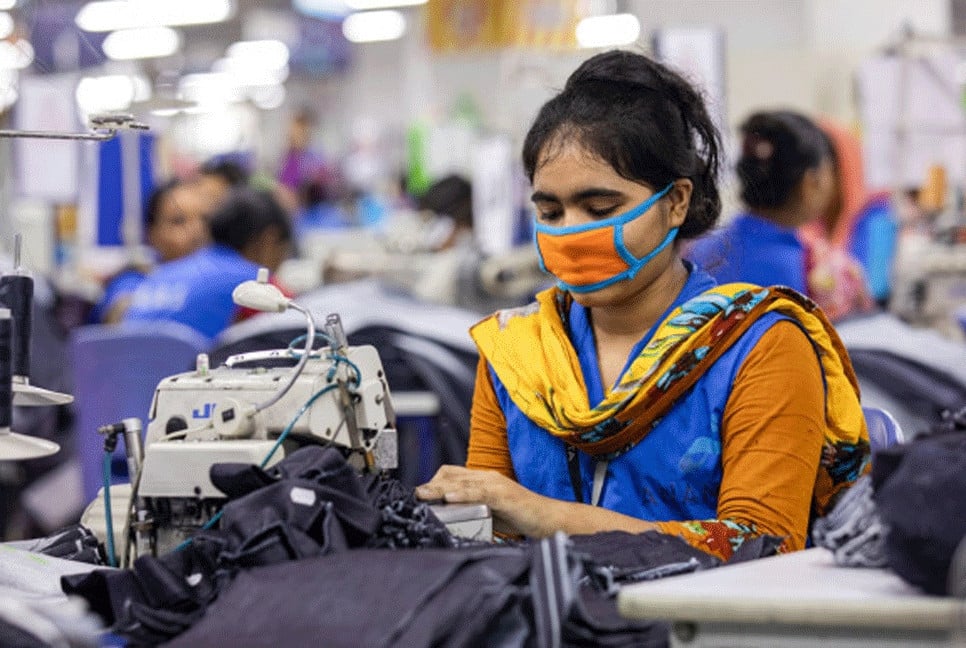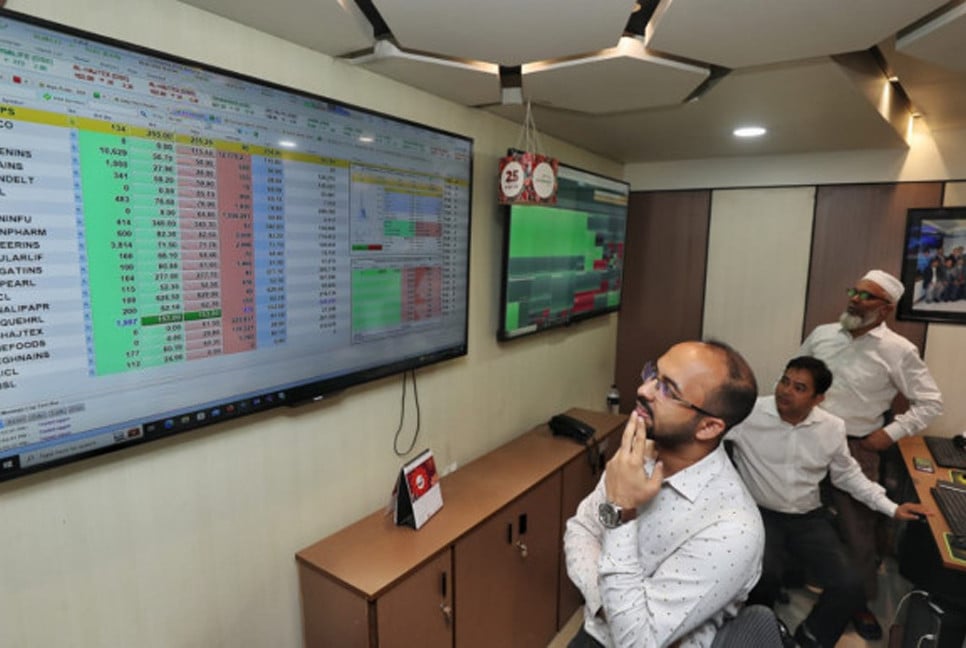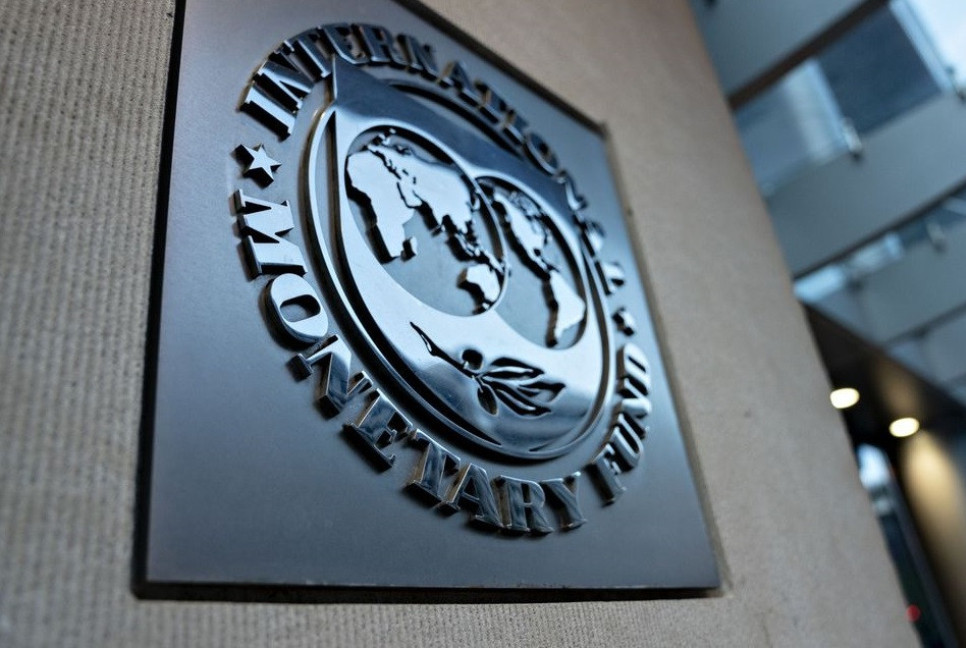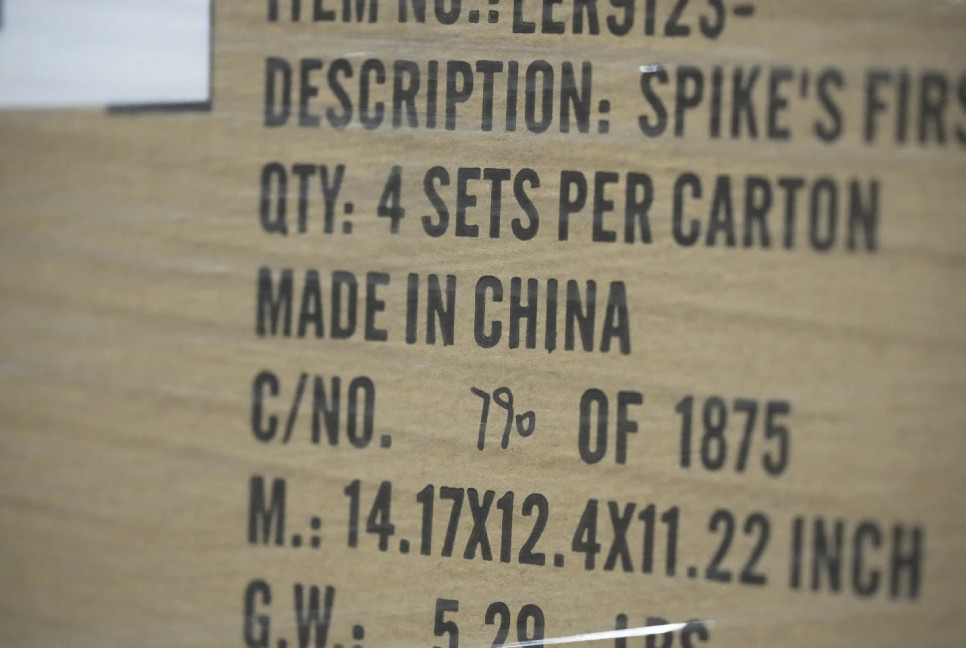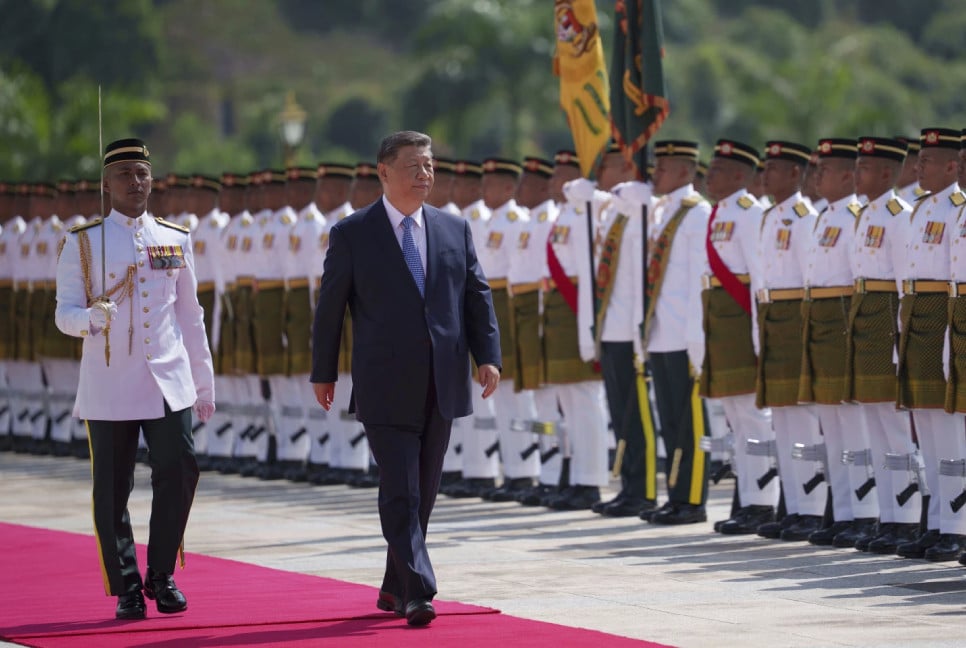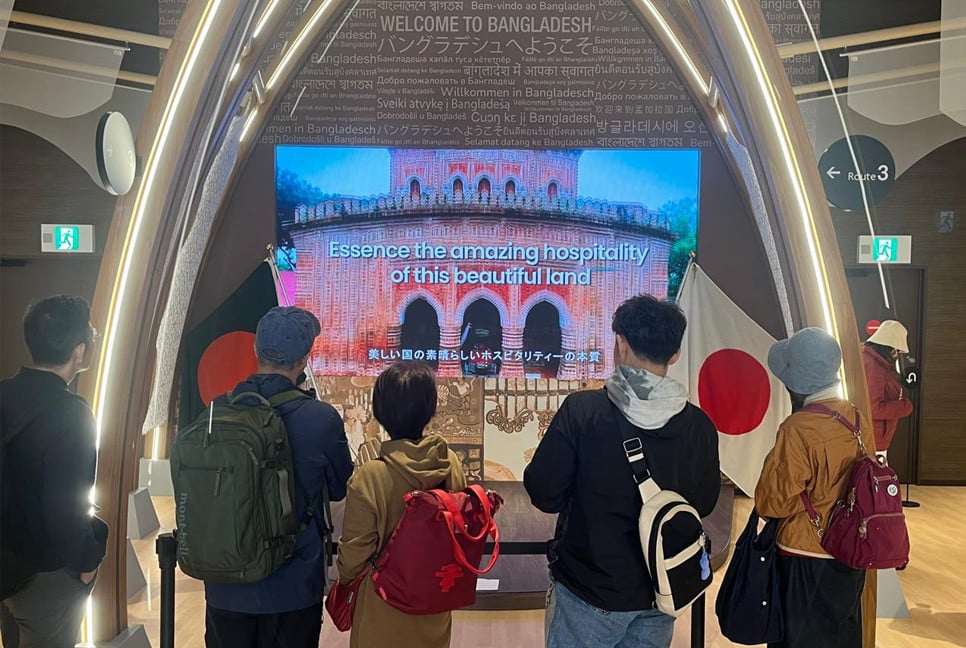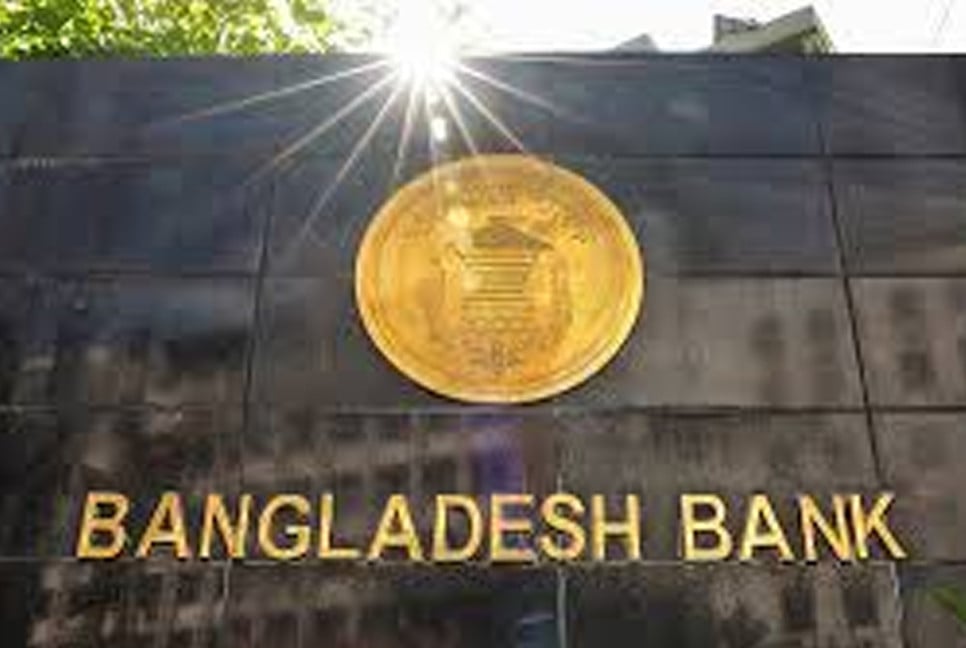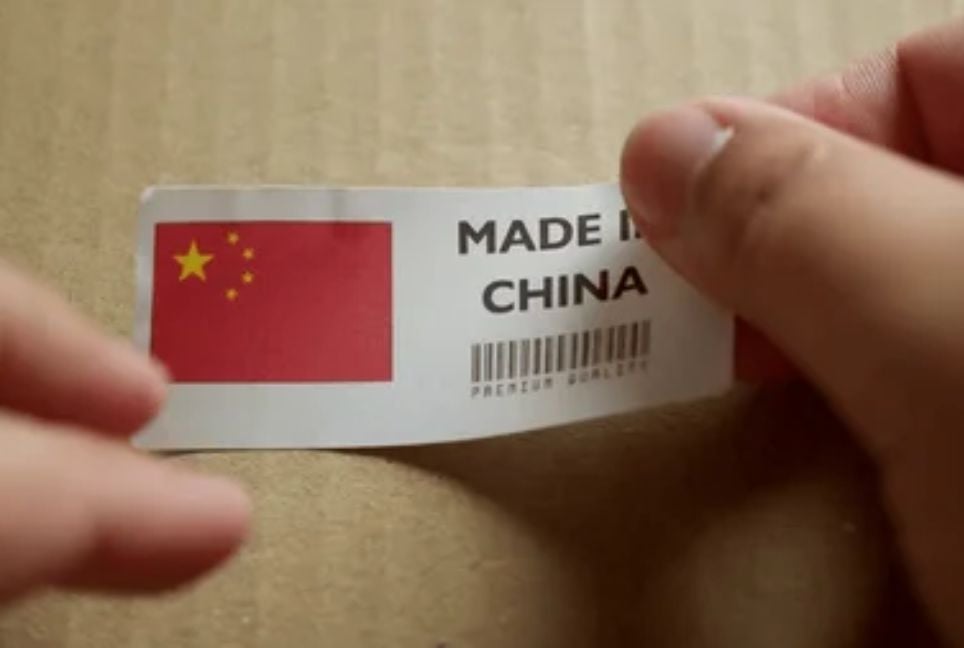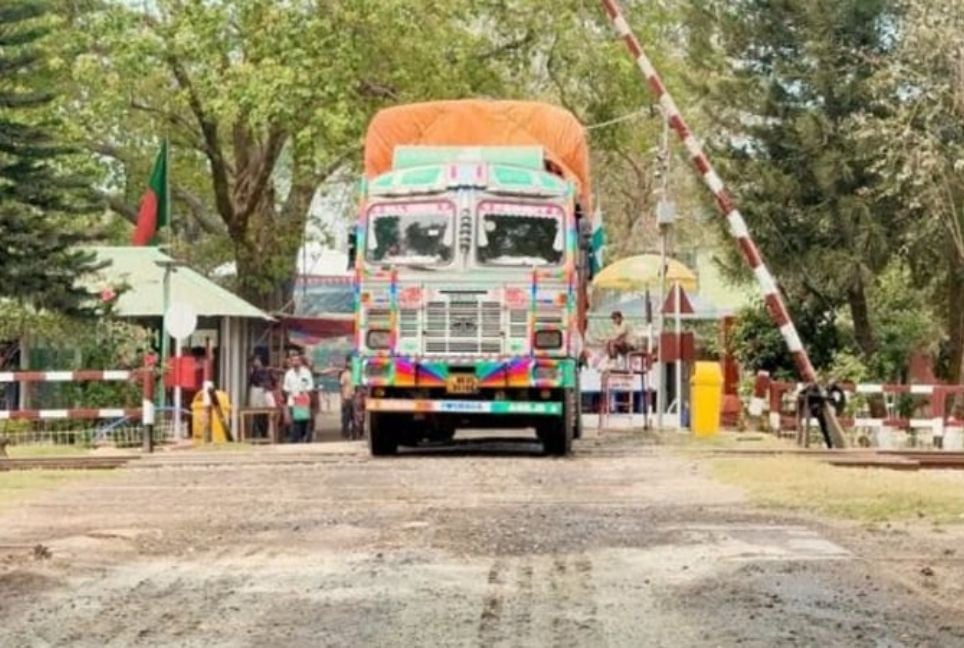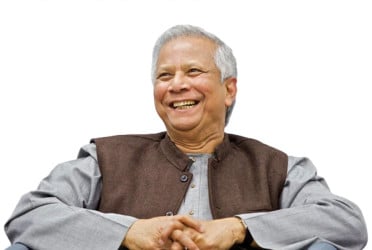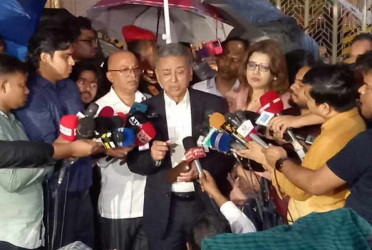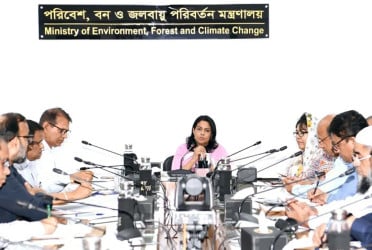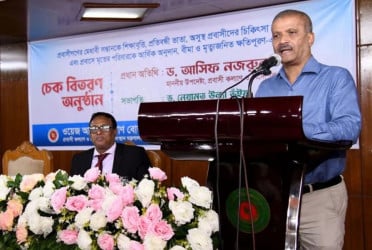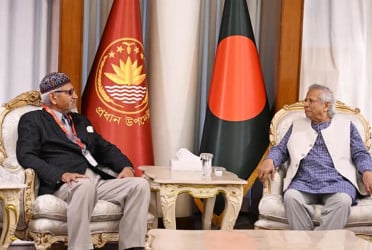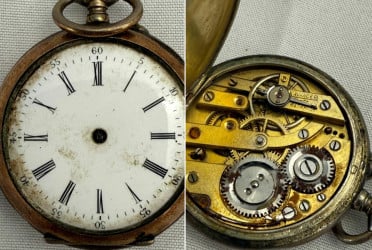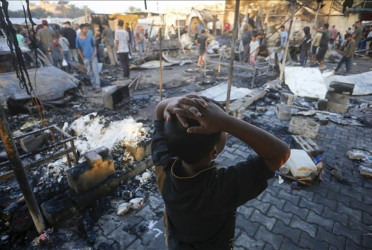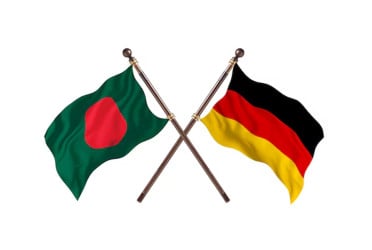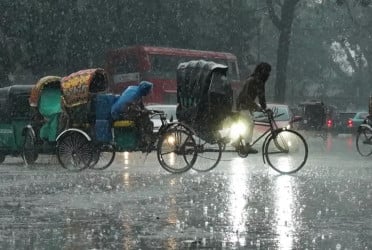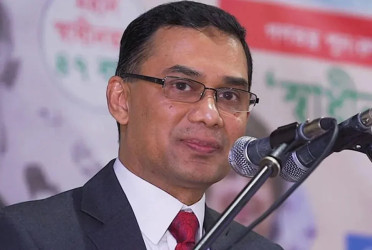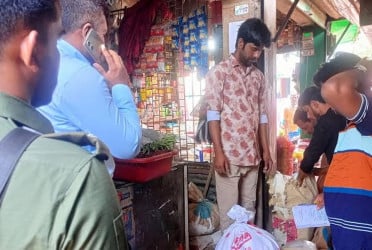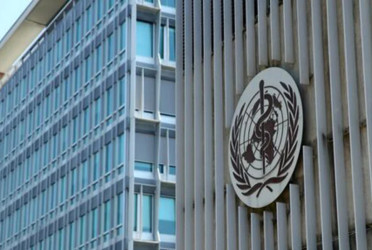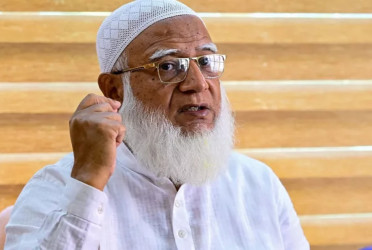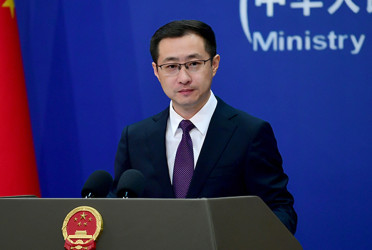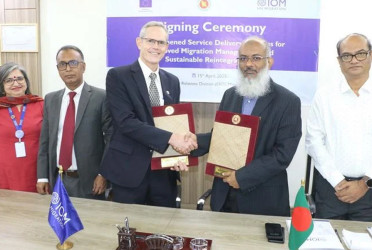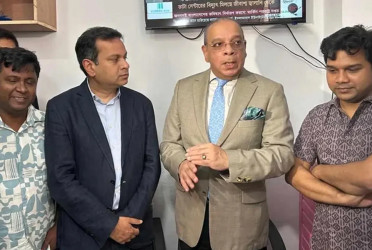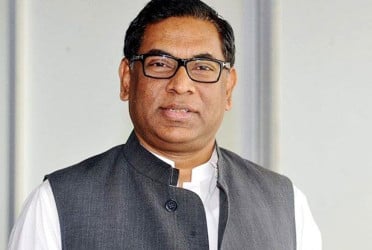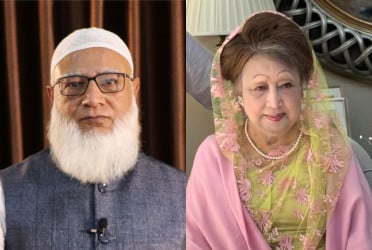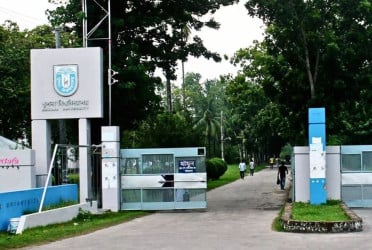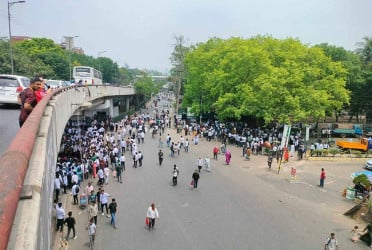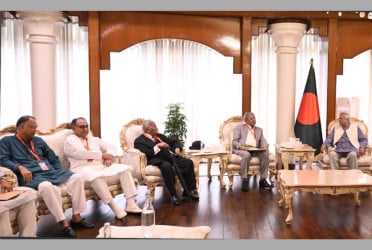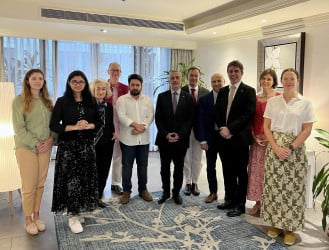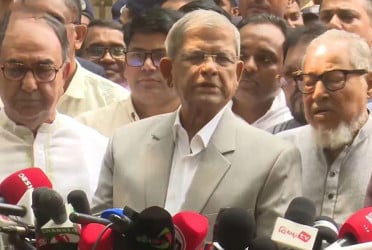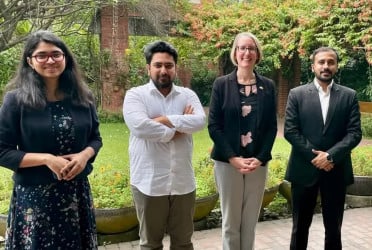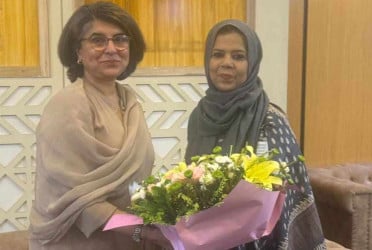Bangladesh, the world’s second-largest garment exporter, has a substantial opportunity to lead in circularity by expanding its recycling capacity and deriving greater value from textile waste.
Industry professionals discussed these prospects at a roundtable titled “Switch to Upstream Circularity: Path Towards Circularity in Bangladesh’s RMG Industry,” held on Tuesday in Dhaka.
The event, organised under the Switch to Circular Economy Value Chains project (SWITCH2CE) and co-funded by the European Union and the Government of Finland, was led by the United Nations Industrial Development Organisation (UNIDO) in partnership with Chatham House, Circle Economy, and the European Investment Bank. SWITCH2CE aims to support the transition to circularity in select global value chains.
Participants emphasised the need for policy frameworks to formalise textile waste recycling and shared strategies for building a roadmap that aligns with global sustainability standards.
A focal point was the shift of pre-consumer textile waste, known locally as “jhut,” from informal recycling practices to more transparent, structured models.
The roundtable addressed key topics, including the shift from informal to formal recycling models, evaluating the current landscape of circularity in Bangladesh, and identifying collaborative solutions for the RMG sector.
Md Abdur Rahim Khan, additional secretary and head of the Export Wing at the Ministry of Commerce, spoke as the chief guest.
He underscored the need for a national “jhut” waste management policy, saying, “We need a national strategy for circularity. Establishing a zero-waste policy will help us transition effectively. This discussion adds value to BGMEA’s 2030 sustainability strategy.”
Key presentations were given by Shamiul Hoque from the Global Fashion Agenda and Dr Patrick Schröder of Chatham House, who outlined actionable policy recommendations to guide the RMG industry’s shift towards sustainable circularity.
Next five years to be crucial
Dr Bernd Spanier, deputy head of the EU Delegation to Bangladesh, noted that the next five years will be critical for the country’s garment sector.
“Under the EU’s strategy for sustainable and circular textiles, garment-producing nations must move from a linear to a circular production model,” he remarked.
Mark Draeck, chief technical adviser on Circular Economy in Global Value Chains at UNIDO, highlighted the collaborative approach of the project.
“Our mandate is to help governments and industries use innovation to boost competitiveness through greener technologies. This project is central to that mission,” said Mark Draeck.
Md Rezwan Selim, a BGMEA support committee member, and Vidiya Amrit Khan, former BGMEA director, also shared insights during the event.
(Source: The Daily Sun)
bd-pratidin/Rafid

